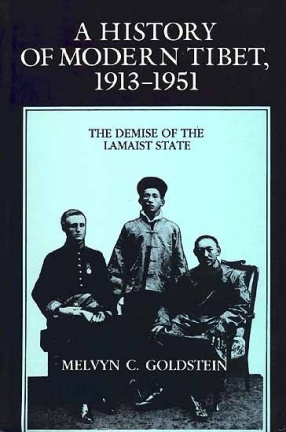
Showing all 11 books
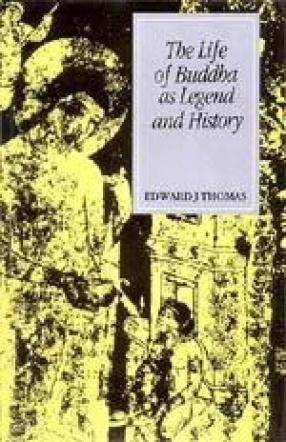
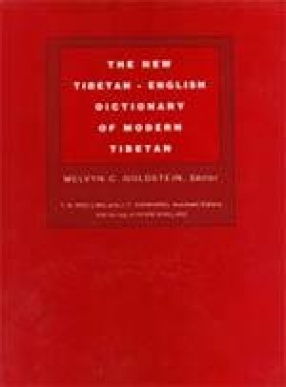
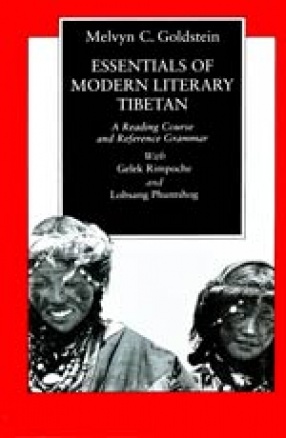


Tibet's loss of independence to Communist China in 1951 has been the subject of bitterly competing views. Melvyn Goldstein's authoritative and comprehensive study presents a detailed, non-partisan account of the events that led to the demise of the Lamaist state.
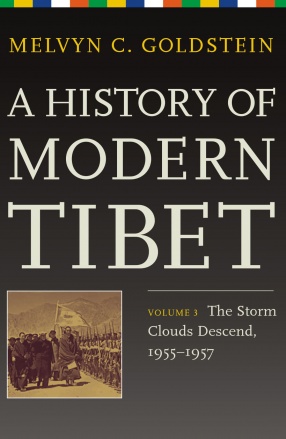
It is not possible to fully understand contemporary politics between China and the Dalai Lama without understanding what happened in the 1950’s. The third volume in Melvyn Goldstein's History of Modern Tibet series, The Calm before the Storm, examines the critical years of 1955 through 1957. During this period, the Preparatory Committee for a Tibet Autonomous Region was inaugurated in Lhasa, and a major Tibetan uprising occurred in Sichuan Province. ...
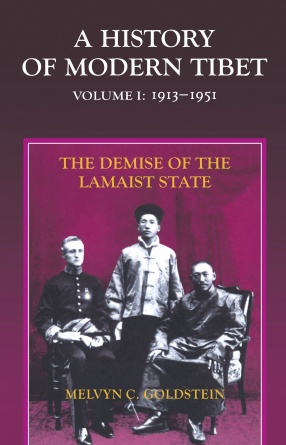
The "Tibetan Question," the nature of Tibet's political status vis-à-vis China, has been the subject of often bitterly competing views while the facts of the issue have not been fully accessible to interested observers. While one faction has argued that Tibet was, in the main, historically independent until it was conquered by the Chinese Communists in 1951 and incorporated into the new Chinese state, the other faction views Tibet as a ...
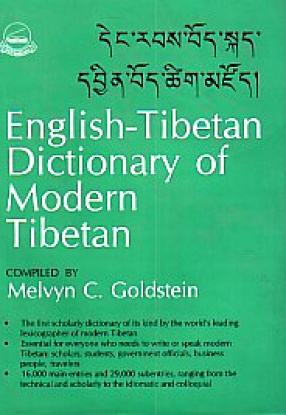
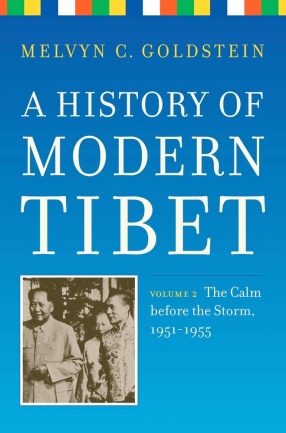
It is not possible to fully understand contemporary politics between China and the Dalai Lama without understanding what happened—and why—during the 1950s. In a book that continues the story of Tibet's history that he began in his acclaimed A History of Modern Tibet, 1913-1951: The Demise of the Lamaist State, Melvyn C. Goldstein critically revises our understanding of that key period in midcentury. This authoritative account utilizes new archival ...


The New Tibetan – English Dictionary of Modern Tibetan surpasses existing dictionaries in both scope and comprehensiveness. Containing over 80,000 lexical items used in political, social, economic, literary, and scientific discourses, this invaluable sourcebook includes the tens of thousands of new words that have been coined or that have come into use since Tibet was incorporated into the People’s Republic of China in 1951. ...

"Half of the words are read by implications." This Tibetan saying explains the main difficulty Westerners face in learning to read Tibetan fluently. Unlike previously available materials, this book will allow beginners to understand the logic of Tibetan grammar and syntax through graded reading and narrative explanations. The large glossary, which includes particles and is indexed by page, will serve as an invaluable reference for readers of Tibetan at ...



Buddhism in Contemporary Tibet provides a wealth of ethnographic material concerning current-day religious practices in Tibet. Previous information on the topic has been largely anecdotal, skewed by the claims of two competing groups; the Chinese Government, which seeks to portray Tibet as a domain of religious freedom, and the government-in-exile of the Dalai Lama, which wishes to portray the region as a domain of total suppression of religion. The contributors ...
